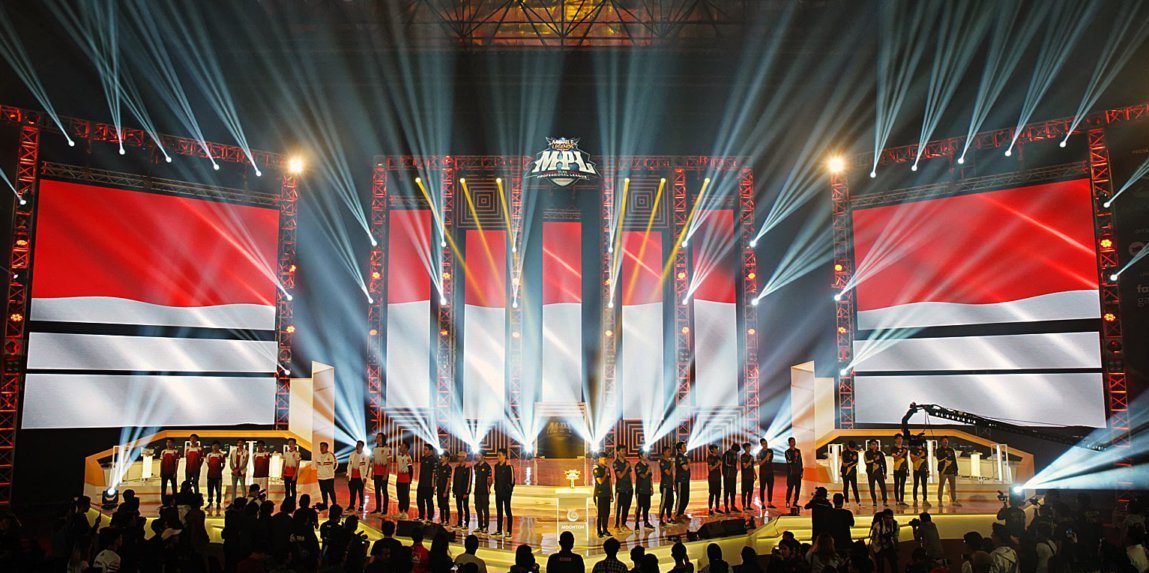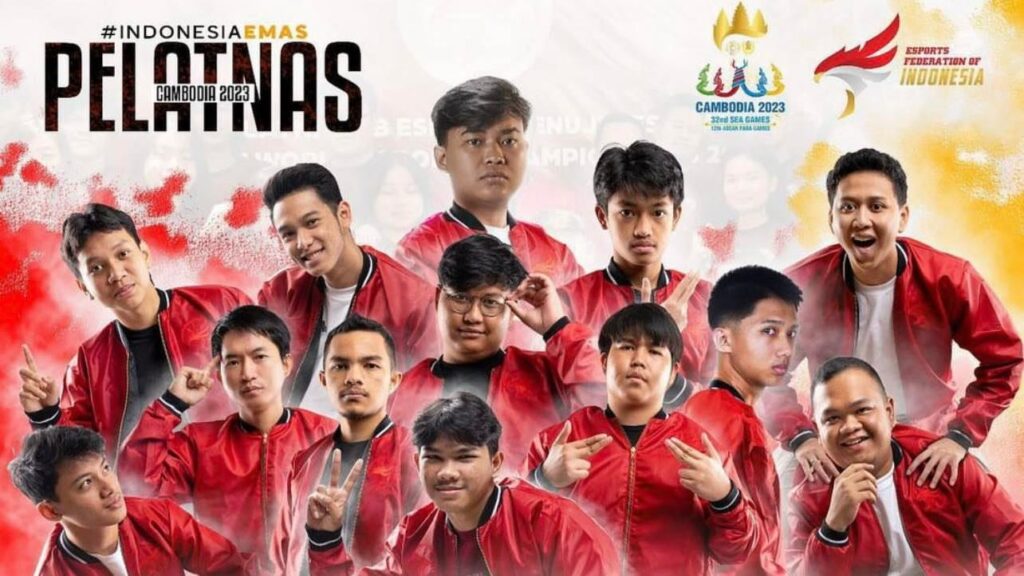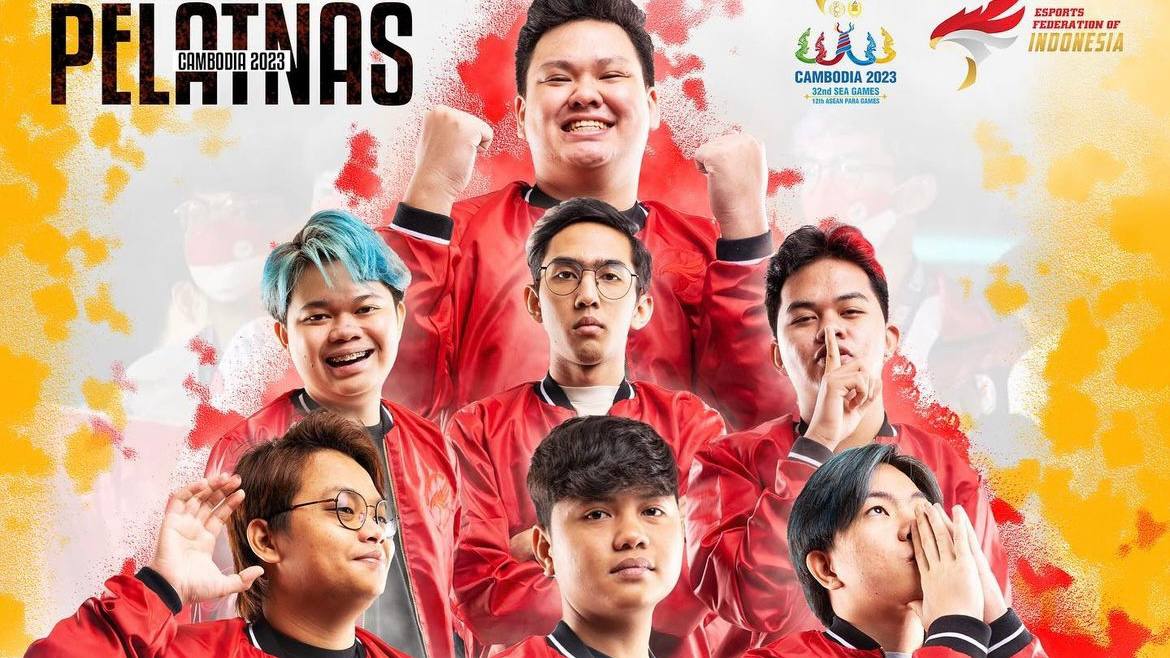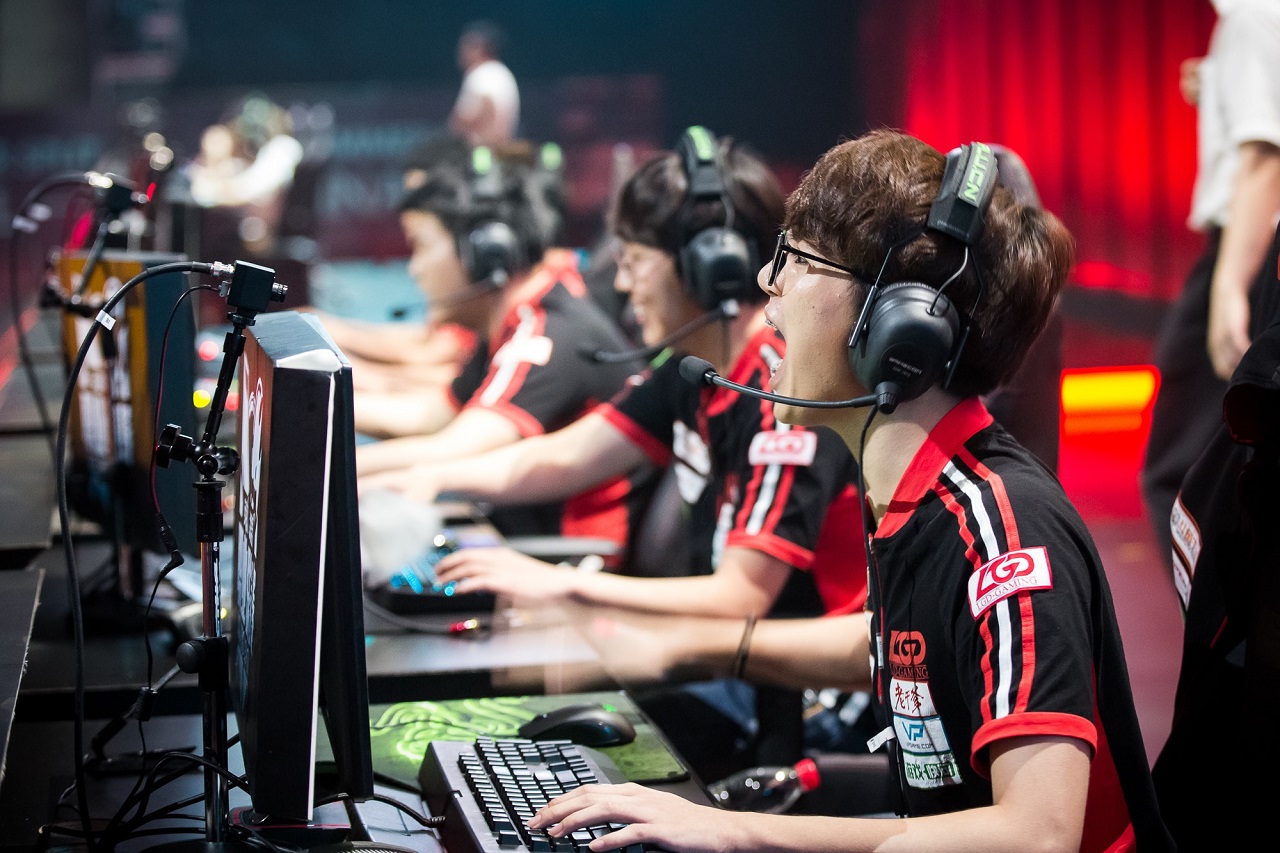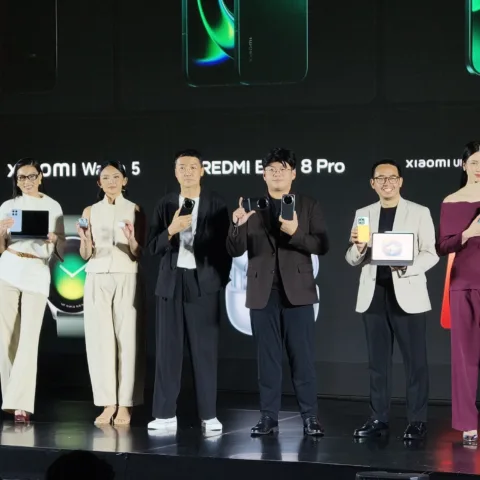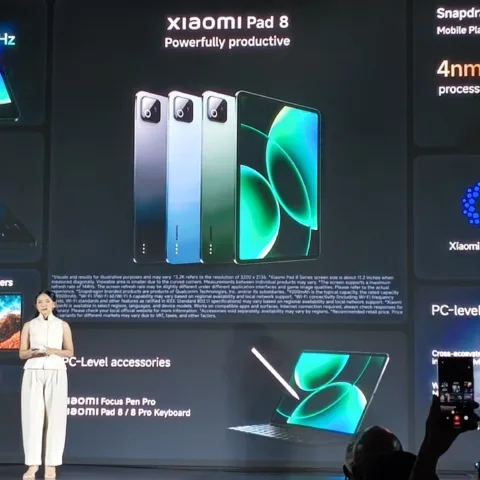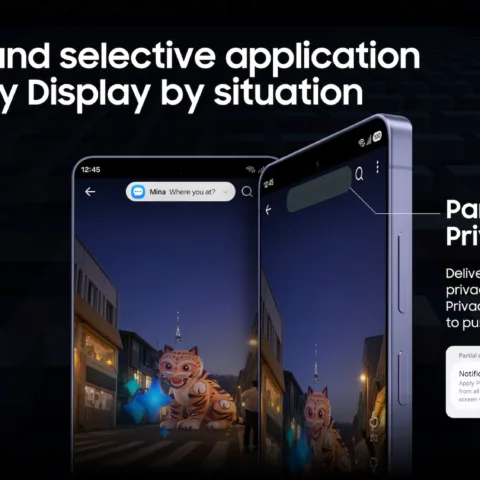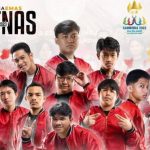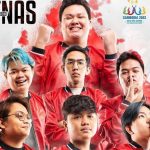The declaration of esports as an official sport means that the government is increasingly concerned about the development of esports.
Esports is starting to be recognized as a sport in the international world. It has been included in several significant sports competition. For example, at the 2018 Asian Games, esports became an exhibition match. Even at the 2019 SEA Games, esports has become a medal sport. Before the 2020 Olympics was cancelled, esports was also included as a pre-Olympic event. Meanwhile, the International Olympic Committee (IOC) also believes that esports can be considered as a sports activity, even though they only want to focus on esports games which are based on traditional sports.
In Indonesia, esports has been in the government’s attention for a few years ago. One of the reasons the government has interested in esports is the competitive gaming industry is believed to be able to open the job vacancies for the young generation in Indonesia. Indeed, even though esports athletes are often become the media spotlight and the attention of many people, there are actually a variety of other jobs you can find in the esports industry, from the esports’ team managers to analysts.
Last week, the government again showed its attention to esports. The Ministry of Youth and Sports (Kemenpora) and the Indonesian National Sports Committee (KONI) declared esports as an official sport. The questions are:
What’s the Impact?
Before we get into the discussion about the impact of the Kemenpora and KONI statements that esports is an official sport, let us discuss the meaning of achievement sports itself, which is contained in Law No.3 of 2005 concerning the National Sports System, Article 20.
“Achievement sport is intended as an effort to increase the ability and potential of sportsmen.” – Article 20, Paragraph 1.
Esports has been declared an official sport. This means that the government should increase the ability and potential of sportsmen. In esports, sportsmen are professional players. Hybrid then contacted Ashadi Ang, Head of Public Relations of the Indonesian Esports Executive (PBESI) to discuss the concrete plans of the government related to this regard.
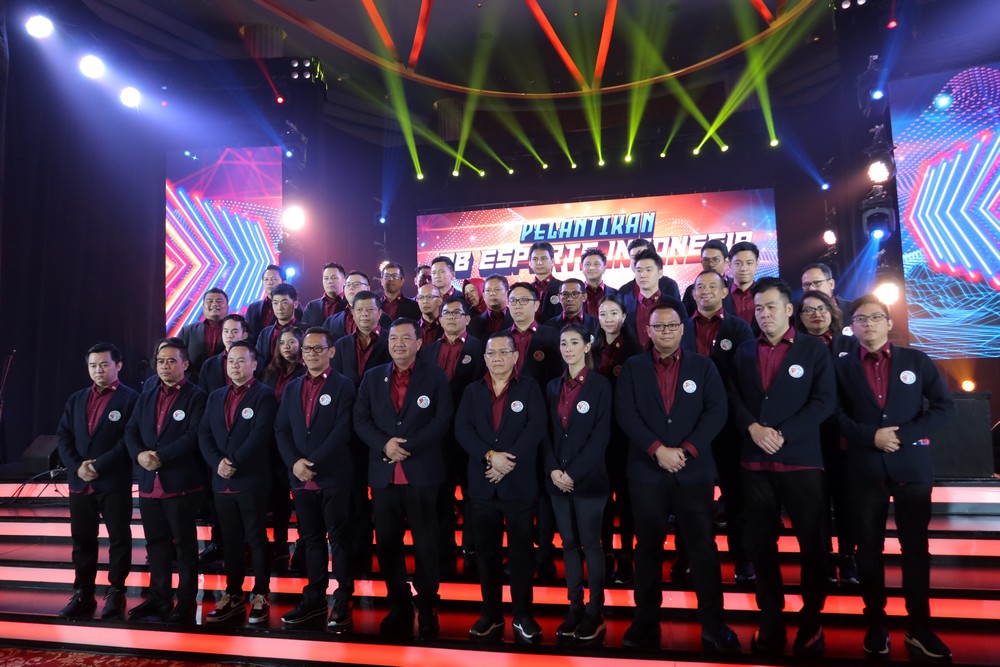
“The first stage, we will first capture superior seeds from various provinces and cities through the Provincial ESI which has been formed at this time,” said Ashadi. As of March 2020, PBESI has appointed administrators in 34 provinces of Indonesia. “Then, these superior seeds will compete again at the national level through the Central PBESI. Of course, the athletes / promising talents who have been netted will go through different coaching and training by PB Esports Indonesia. And of course, the ecosystem of esports itself which has joined PBESI will help for this development. ”
Furthermore, Ashadi explained, PBESI will hold regular esports tournaments, both at the provincial and district levels. Unfortunately, he did not provide further information about the tournament system or games.
“What game tournament will be determined according to the current game development conditions. The games that will be the focus of PBESI are games that have a lot of interest and can bring benefits to many people and also games that will be competed at the international level, “said Ashadi.
Based on the official PB Esports Instagram account, five ESI Provinces have held esports tournaments. One of them is ESI Badung, which held a Mobile Legends and PUBG Mobile tournament in early August 2020 with a total prize of IDR 8 million. In addition, ESI Lampung has also hosted the Esports Lampung Championship. The tournament with a total prize of IDR 50 million hold three games, namely PUBG, Mobile Legends, and PES. Meanwhile, ESI South Sulawesi is holding a PUBG Mobile esports tournament with a total prize IDR 10 million.
ESI Bangka Belitung is working with the Bangka Belitung Police to hold an esports tournament on August 21-23. The total prize of the tournament reached IDR 10 million. Finally, ESI Gorontalo held a PUBG Mobile tournament on August 29 with a total prize of IDR 20 million.
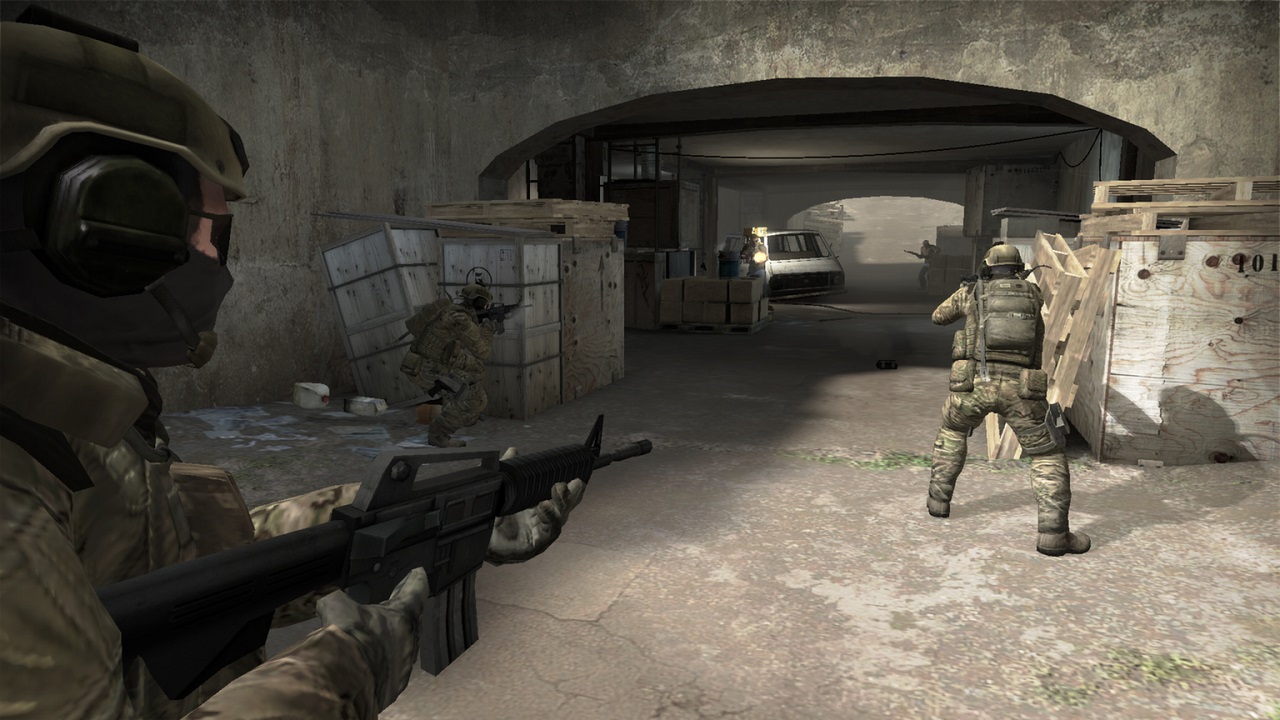
One thing that must be remembered, esports games that are popular in Indonesia are different from the games that are popular at the international level. According to The Esports Observer’s PC Games Impact Index, League of Legends has been the esports game with the most significant impact on the esports ecosystem for several consecutive quarters. However, in Indonesia, let alone the fast-growing esports scene, the popularity of League of Legends is still inferior when compared to other PC games, such as Dota 2 or Counter-Strike: Global Offensive.
As a mobile-first country, esports games that are developing in Indonesia are indeed mobile games, such as Mobile Legends, PUBG Mobile, and Free Fire. Not only that, the publishers of the three games – Moonton, Tencent, and Garena – also care about developing the esports ecosystem of their games in Indonesia. Mobile Legends, PUBG Mobile, and Free Fire, all the three have official esports leagues. Although indeed, the mobile game market in Indonesia is much bigger than the PC game market. So, no wonder, if mobile game publishers want to focus on developing the esports ecosystem in Indonesia.
Coaching and Counseling
Ashadi explained, after finding promising talents by holding tournaments at the district and provincial levels, PBESI will also provide coaching, under Law no. 3 of 2005 concerning the National sports system, Article 22, said Ashadi.
“The government carries out sports coaching and development through the establishment of policies, upgrading/training, coordination, consultation, communication, counselling, mentoring, correctional, pioneering, research, testing, competition, assistance, facilitation, licensing, and supervision.” – Article 22.
Currently, the regulations regarding esports are still in the drafting stage. Regarding what topics will be discussed, Ashadi said that policies related to esports will cover many things, including the age category of players and the requirements for organizing tournaments to ensure that the tournaments held are following PBESI standards.
Another discourse that is covered by the Law regarding sports of achievement is counselling. “One of PBESI’s agendas is to open up parents’ insights that esports is different from playing games, that esports has a future, and there is a career path,” said Ashadi. He also said that they want to provide practical education in the esports’ world and not just to be a professional player. “But also broadcasting, project management, content creators and so on,” he admits.
PBESI and Other Game / Esports Bodies in Indonesia
If you monitor the development of the esports industry (or become a loyal reader of Hybrid), you will know that PB Esports is not the first esports body in Indonesia. In fact, when compared to several gaming/esports bodies in Indonesia, PB Esports is still very new.
PB Esports was officially inaugurated in January 2020. Meanwhile, the Indonesia Esports Association (IESPA) has been established since 2013, the Indonesian Video Game Sports Association (AVGI) since July 2019, and the Indonesian Esports Federation since October 2019. Regarding this matter, Ashadi said that the games/esports bodies other than PB Esports are formed as recreational sports.
“Only PBESI is the only body recognized by the Republic of Indonesian Government as an official government body under KONI for the official sport,” he said. However, he assured, PBESI will cooperate with other existing game/esports associations.
Glancing at China, which has recognized esports work as a profession
Indonesia is not the only country in Asia which the government cares about esports. The Chinese government also cares about esports. In fact, the esports market in China is one of the most developed markets in the world. In 2019, the esports market in China grew by 25% when compared to the previous year. Government support is believed to be one of the reasons why Chinese esports market can proliferate.
The form of government support in China can be seen from what the Shanghai government is doing. In 2017, the Shanghai government began to issue a discourse that they wanted to make Shanghai the capital of esports in the next three to five years. To put the plan into action, the Shanghai government has made several guidelines. One of them is that they will increase their research capacity and content creation related to esports and also encourage the media to discuss esports more frequently.
The Shanghai government also wants the number of major esports tournaments which will be held in Shanghai to increase. One of the major esports tournaments that will be held in Shanghai shortly is the League of Legends’ World Championship. With the coronavirus pandemic, there were concerns that the global tournament would be cancelled or converted to online competition.
However, in August 2020, Riot Games said that they will still hold LWC in Shanghai. They revealed that to do that, they not only closely monitored the impact of COVID-19 but also continued to communicate with local and national governments. The government’s willingness to work with Riot shows its seriousness in developing esports, even amid a pandemic.
Apart from Shanghai, the Beijing government also said that they wanted to make their city as the Capital of Online Games. They hope that they will be able to realize the plan in 2025. Don’t be surprised if the city government has flocked to make its city to be a city that is friendly to the gaming and esports industry players. When a city hosts a major esports tournament, this will make a positive economic impact.
The support from the Chinese government did not stop there. In January 2019, the Chinese government formalized that professional esports and esports operators were two new professions. In July 2019, 88 esports athletes were declared as official athletes of Shanghai. Don’t get it wrong, the official athlete is not a title that everyone can get. People who become official athletes are also entitled to various facilities from the government, just like other traditional sports athletes. Examples of facilities provided by the Chinese government are international visa support and educational facilities.
Closure
If we reflect on China, government support can accelerate the growth of the esports industry. To support the esports industry, the government does not need to take over the duties of other esports industry players.
For example, the Shanghai government wants more and more major esports tournaments to be held there. However, that doesn’t mean they are busy creating their own esports tournaments. They are actually working with other parties. In League of Legends’ World Championship cases, they took Riot Games. If the Indonesian government can do the same (adjusted to Indonesia’s conditions, of course), the Indonesia esports industry may also be able to develop rapidly.

